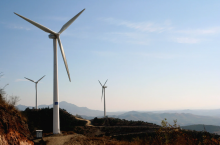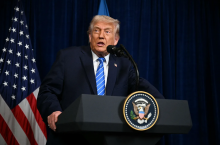To Naomi Klein,
I am writing this as someone who has immersed himself in your work not as academic theory, but as a manual for survival and a lexicon for resistance. For decades, you have given us the language to name our oppressors and their tactics, and I'll be forever grateful.










